censorship
Latest

30 governments are interfering with democracy online
Political mudslinging is a concept as old as politics itself, but in recent years it's found its way off the podium and onto the internet, and a new report now shows the extent of the problem. According to findings from Freedom House, governments in no less than 30 countries are now "mass producing their own content to distort the digital landscape in their favor". Furthermore, these manipulation efforts may have affected elections taking place in 18 countries.

Apple reportedly delayed 'Carpool Karaoke' due to foul language
When Apple delayed the release of 'Carpool Karaoke,' it wasn't very clear on why. According to a report at Bloomberg, though, the tech titan had to edit and shoot additional episodes because the ones that were ready had too much "foul language and references to vaginal hygiene." We're not sure why Apple thought a show featuring celebrities and comedians driving around Los Angeles would be squeaky-clean, but there it is. We've reached out to Apple and will update this post when we hear back.

EPA cancels scientists' climate change talk at the last minute
If there were any lingering doubts that the Environmental Protection Agency under Scott Pruitt would suppress any mention of climate change by its scientists, they've just been erased. The agency has cancelled an October 23rd climate change talk in Rhode Island mere hours before it was slated to take place. A spokesman didn't offer an explanation, but the three EPA scientists were expected to speak primarily about climate change and its effect on Narragansett Bay. The decision came from the EPA's Office of Public Affairs.
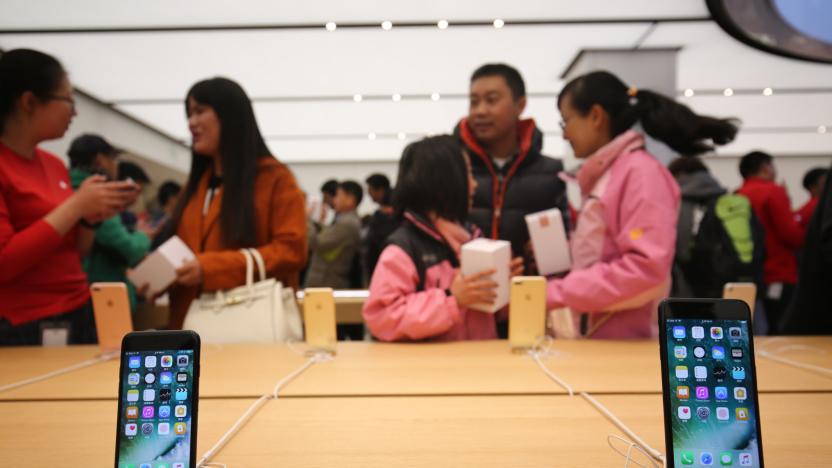
Senators want to know if Apple fought back on China's VPN ban
Apple CEO Tim Cook wasn't pleased about pulling VPN software from the company's App Store in China, but this July, it happened anyway. As a result, many users who once counted on such software to dodge the country's Great Firewall were left to their own devices (and we've explored the situation at length here). Now, senators Ted Cruz (R-TX) and Patrick Leahy (D-VT) have called on Cook in a letter to explain in detail how that process went down, out of concern that Apple is "enabling the Chinese government's censorship and surveillance of the internet."

China largely blocks WhatsApp's text message workaround
WhatsApp's existence in China has been hanging by a thread ever since its government blocked users from sending photos and videos in July. Now, it appears that the app no longer works in the country at all. According to Symbolic Software, a Paris-based research firm monitoring WhatsApp's situation in China, the nation has squashed its ability to send text-based messages within its borders. Some people might still be able to use it -- for now, that is -- but the country's blocking efforts that began last week have reached most people by Monday.
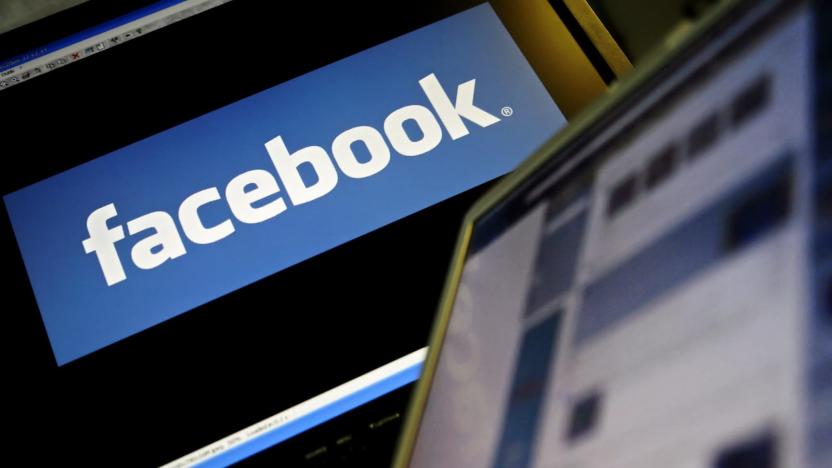
Facebook accused of supporting 'ethnic cleansing' in Myanmar
Facebook stands accused of censoring information related to the ethnic cleansing currently taking place in the Republic of Myanmar. The Guardian reports that the social network has essentially blacklisted posts from, or supporting, insurgent group the Arakan Rohingya Salvation Army (ARSA). Critics believe that this gives the appearance that the site is supporting the incumbent government, and by extension, its actions. The paper quotes activist Mohammad Anwar, who says that by suppressing dissent, Facebook is "colluding with the genocidaires."
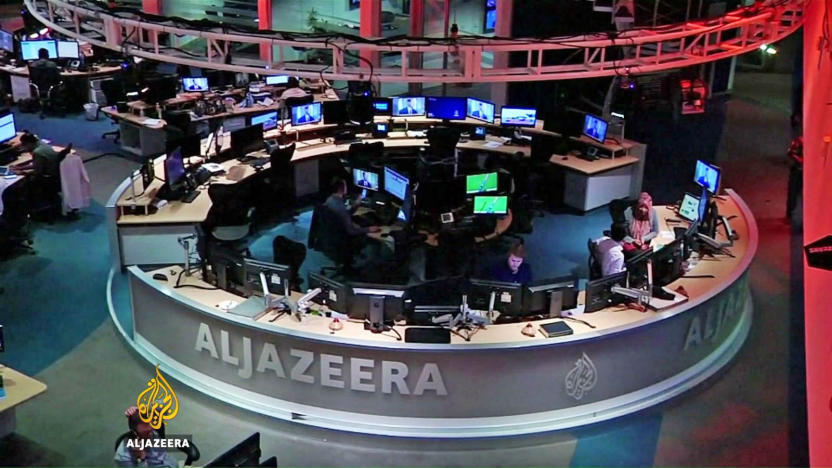
Al Jazeera’s Snapchat channel blocked in Saudi Arabia
Al Jazeera's Snapchat presence is the latest casualty in the ongoing diplomatic crisis between Qatar and its neighbors in the Middle East. The Wall Street Journal is reporting that Snap has blocked the news outlet's channel in Saudi Arabia. Al Jazeera is describing the ban as "an attempt to silence freedom of expression."

India shut off the internet in an attempt to maintain order
Last week, local governments in the northern Indian states of Punjab and Haryana shut down citizens' internet access and text messaging services just before a verdict was to be released on a high-profile rape case. The case involved a cult leader with a large following who was accused of raping two women in his group. A statement from the Additional Chief Secretary of Haryana said the order was "issued to prevent any disturbance of peace and public order" in the region. Around 50 million people lost internet access for five days.
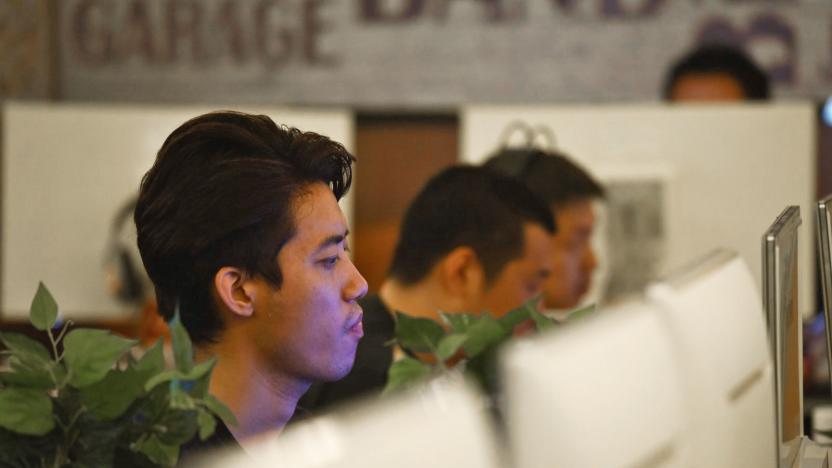
China orders internet comments linked to real identities
China isn't slowing down in its bid to silence online political opposition. As of October 1st, the country will require that tech firms hold on to records of the real identities of everyone posting comments on internet message boards. This is to discourage "false rumors, filthy language and illegal messages," according to the government. Of course, it's that last part that Chinese officials are really interested in -- they know you're less likely to challenge the political order if investigators can easily track you down.
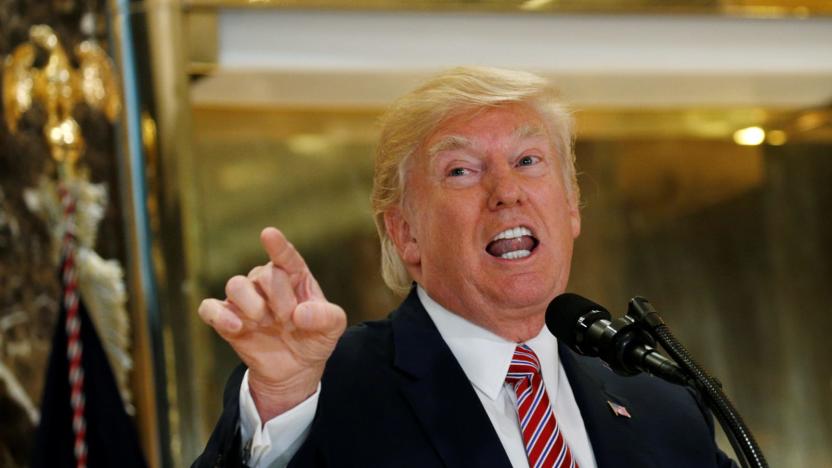
Twitter’s dilemma: What to do with Trump?
"My use of Twitter is not presidential," said President Donald Trump on Twitter last month, before adding the kicker in emphatic all caps: "it's MODERN DAY PRESIDENTIAL." Yet nearly seven months into his presidency, Trump has so flabbergasted the public with his tweets that there has been a relentless stream of calls for Twitter to suspend his account.
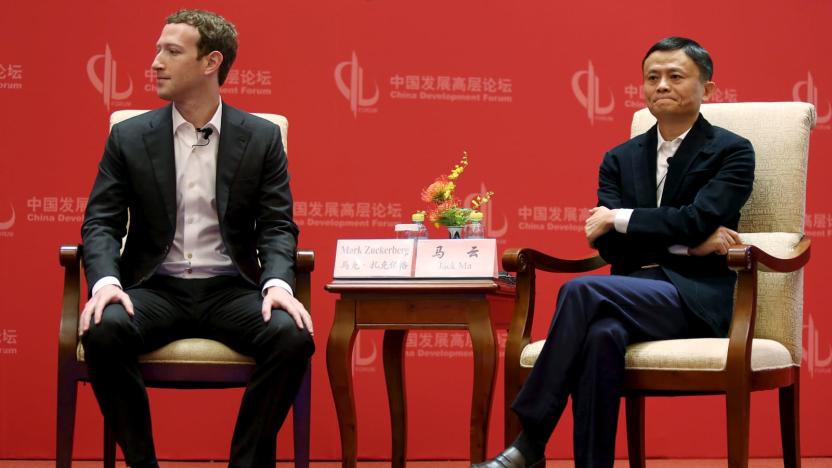
Facebook secretly launched a mobile app in China
Facebook has largely been shut out of China since 2009, but that isn't stopping it from getting involved in the country... albeit in very roundabout ways. The New York Times has learned that Facebook released a photo sharing app in China, Colorful Balloons, that behaves almost exactly like the company's own Moments without any of the official branding that would lead to a guaranteed rejection. The app seems built to avoid rapid distribution (any shared photos include a broken link to Facebook's Chinese app), but it's otherwise a clear attempt to gauge how Chinese users share content.
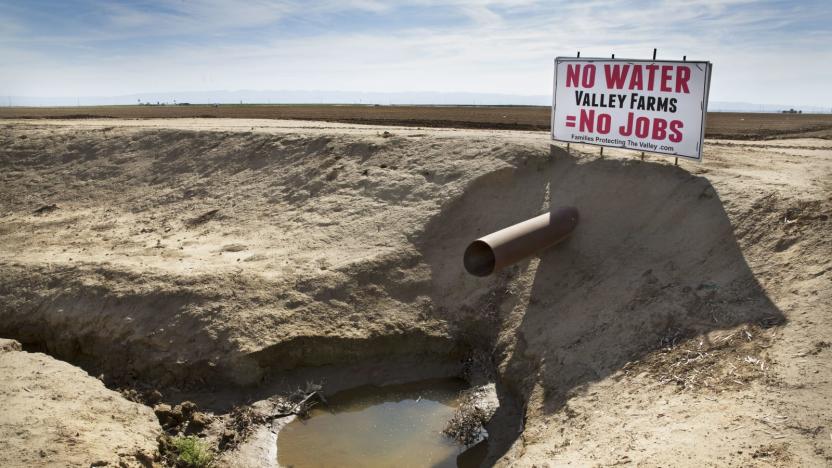
US agriculture agency tells staff not to mention climate change
It's no secret that the Trump White House is no fan of climate change science, but that's been having more of a chilling effect than you might think. The Guardian has obtained emails showing that the US Department of Agriculture's farm conservation division, the Natural Resources Conservation Service, has been telling staff to avoid using language that directly references climate change. Instead of "climate change," workers are told to refer to "weather extremes;" instead of talking about how the country can "reduce greenhouse gases," they're asked to talk about "build[ing] soil organic matter."
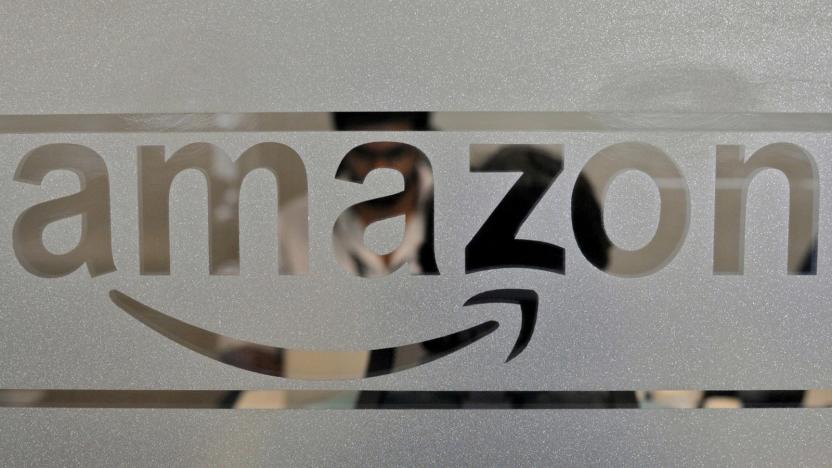
Amazon reminds cloud customers in China to avoid VPNs
Apple isn't the only company that's feeling the pressure from the Chinese government in its quest to limit internet access even further. According to The Wall Street Journal, Amazon also had to tell its cloud-computing customers in China to delete their VPNs and other tools that can be used to bypass the country's infamous firewall. Beijing Sinnet Technology, the tech giant's local partner responsible for sending out the message to customers, cited requests from China's public security ministry and the Ministry of Industry and Information Technology for the demands it made.
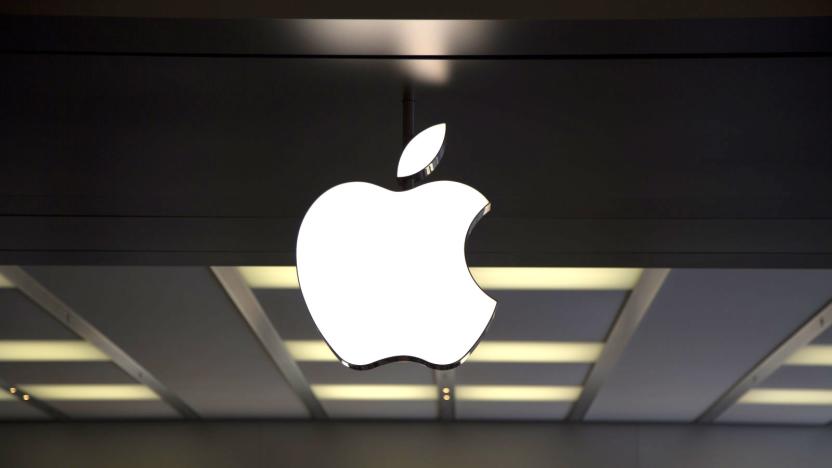
What you need to know about Apple, VPNs and China
On July 29th, Apple began notifying VPN companies that their apps would shortly be pulled from the App Store in China. In a statement, ExpressVPN said that the move was "surprising and unfortunate" and that it was "disappointed in this development." But is this a case of Apple essentially capitulating in a privacy and censorship fight with the Chinese government?

Russian censorship law bans proxies and VPNs
It's going to be much harder to view the full web in Russia before the year is out. President Putin has signed a law that, as of November 1st, bans technology which lets you access banned websites, including virtual private networks and proxies. Internet providers will have to block websites hosting these tools. The measure is ostensibly meant to curb extremist content, but that's just pretext -- this is really about preventing Russians from seeing content that might be critical of Putin, not to mention communicating in secret.
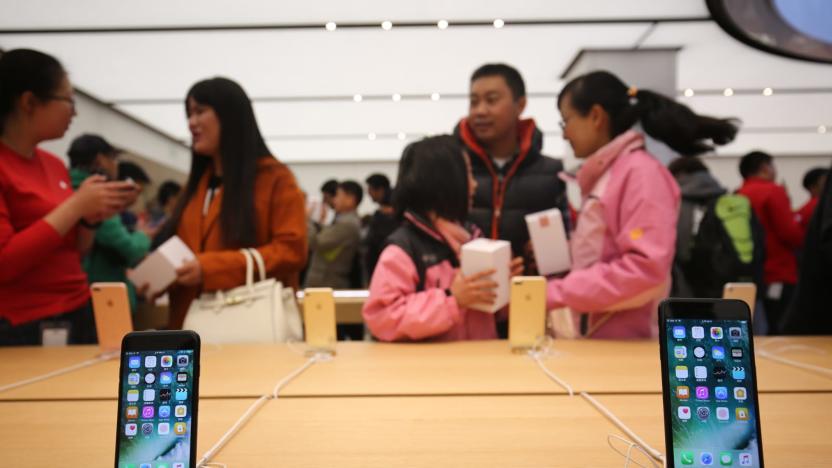
Apple pulls VPN apps following China crackdown (update: statement)
China might say it isn't cracking down on personal VPNs, but Apple would likely argue otherwise. ExpressVPN, Star VPN and other developers report that Apple has pulled their apps from the App Store in China for allegedly including "content that is illegal" in the country. Some clients are still on other platforms (including ExpressVPN, for now) while others remain, so it's not a uniform cull at this point. However, this is still a big blow to attempts to circumvent China's mounting internet censorship through encrypted communication -- not to mention companies that may have been depending on those apps for remote work connections.

China blocks WhatsApp users from sending photos and video
Many WhatsApp users in China aren't able to send photos and videos to one another, and in at least a few cases, people aren't able to send text messages either. Exactly why this partial ban is happening at the moment isn't clear, but the New York Times reports that Facebook's other messaging application might soon be fully blocked in the region thanks to strict censorship laws.
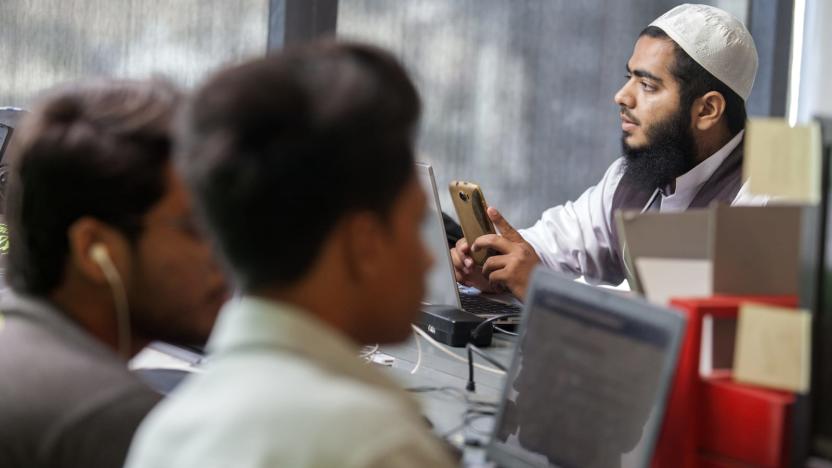
Facebook rebuffs Pakistan request to link accounts to phone numbers
Pakistan has gone to great lengths to track technology users in the name of censorship and security, but it's not going to get very far with Facebook. The social network has turned down a government request to link phone numbers to accounts in a bid to cut back on fake accounts posting illegal content, such as sacrilegious statements. Facebook will remove fake accounts, a spokesperson tells the Express Tribune, but it also has to protect the rights of its users.
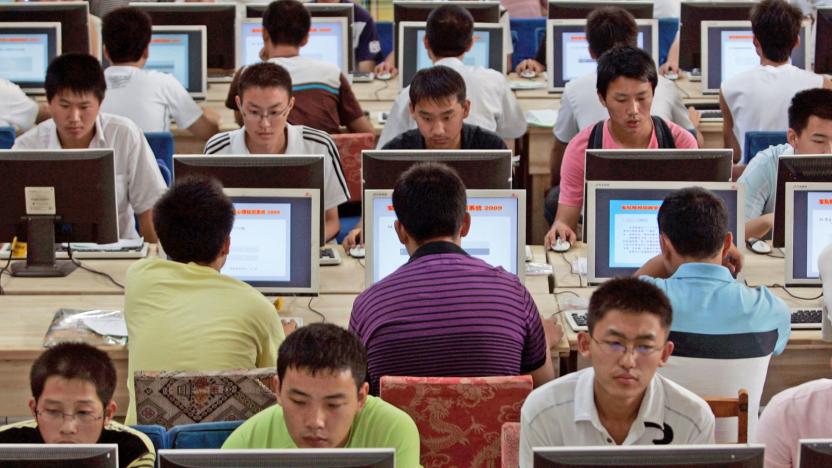
China might not block personal VPNs after all
With China making "unapproved" virtual private networks illegal at the start of the year, we previously reported that the nation planned to completely block public access to VPNs by February 1st. Now, just a few days later, China's Ministry of Industry and Information Technology has issued a statement that appears to debunk the claims. The minister states that VPNs with "permissions" such as domestic and international companies won't be affected. The Ministry then goes onto say that "the majority of users" will also be safe, stating that it will only crack down on "unapproved" VPNs. Predictably, the statement doesn't clarify exactly how users go about getting said approval.

China orders telecoms to block personal VPNs by February
China declared that virtual private networks were illegal back at the start of the year, and now it's giving telecoms no choice but to fall in line. Bloomberg sources understand that the government has told carriers to block individual access to VPNs by February 1st. Companies can still use VPNs internally, and will reportedly be allowed to use leased lines (registered with officials, of course) to access the full internet, but everyone else appears to be out of luck.










